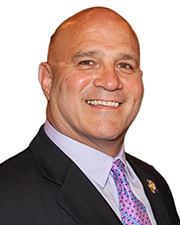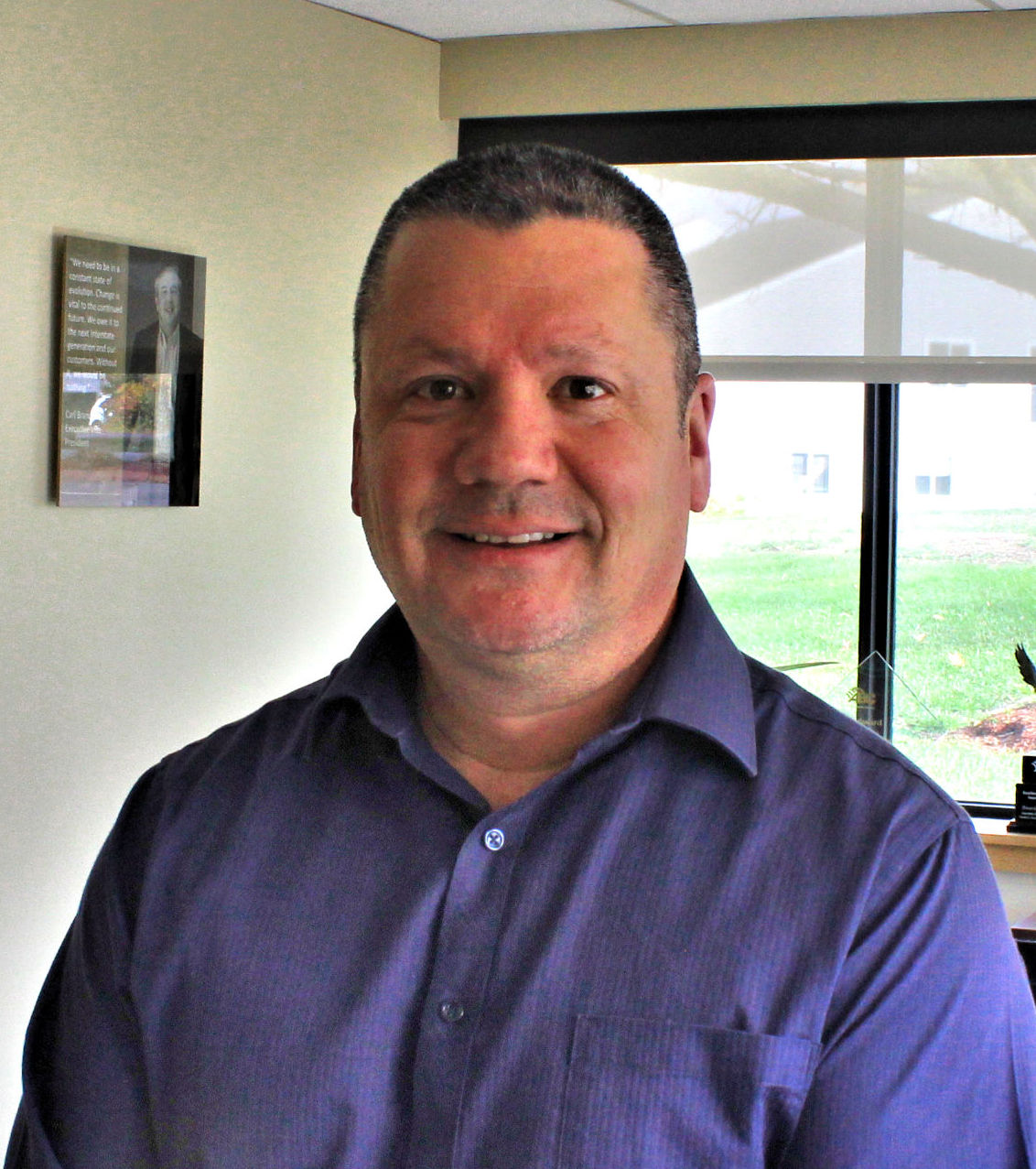News:
Construction Design & Engineering
Posted: April 17, 2008
John M. Corcoran and Co. implements eco-friendly construction principles for Parkside Commons
Parkside Commons, developed and managed by John M. Corcoran and Company at 100 Stockton St., is the largest rental community north of Boston to adopt green construction principles. The eco-friendly apartment community, which opened to its first residents on April 1, is part of a growing worldwide trend toward buildings that feature energy efficiency, clean indoor air quality, water conservation, maximum natural light, and recycled materials. In addition, Parkside Commons will be a 100% smoke free community further controlling indoor air quality and promoting healthy living for the residents.
Visitors to the community have indicated that Parkside's smoke free policy is one of the most desirable features that drew them to the building. There are very few other communities in the metro Boston area offering smoking restrictions. Other features for Parkside Commons are its proximity to Boston, a swimming pool and sundeck, an aerobic and cardiac fitness center, landscaped courtyards and a Wi-fi library and community room. Directly adjacent to the community will be a one acre interactive park built on land donated to the city of Chelsea by John M. Corcoran and Co. This park, to be built with funds raised from the state, grants and private donations, will provide Chelsea with more green space.
Parkside's 238 studios, one, two and three bedroom apartments will qualify for "Green" certification established by the U.S. Green Building Council through its Leadership in Energy and Environmental Design (LEED) Green Building Rating System. To qualify for this certification, the property was constructed with a combination of recycled and sustainable elements and finished with low VOC paints, carpets and adhesives. Apartment appliances and fixtures limit energy and water use. Solar panels erected on the building's roof will create electricity to be used in the building's common areas. The property will be maintained with green cleaning products and a comprehensive recycling program.
The developers found that construction material suppliers are beginning to produce green products to meet the market demand and that the cost differential between traditional and green construction is decreasing. However, without some creative financing by its lenders and grants from the Massachusetts Technology Collaborative for solar panels, the project would have been impossible.
Property managers at Parkside Commons will encourage all residents to be environmentally conscious. Included on the property's website, www.parksidecommonsapt.com, are suggestions on ways that residents can contribute to sustainability in their every day lives. In addition, John M. Corcoran and Co. invited Chelsea school children to visit the property during construction to learn about green building practices. A video of a recent school field trip can be seen on YouTube as well as on the Parkside website. During the field trip, the children saw solar panels being erected on the building roof.
According to the Commission for Environmental Cooperation, an organization created by Canada, Mexico and the United States to address regional environmental concerns, commercial and residential buildings in the U.S. consume roughly 65% of all electricity, as well as 12% of drinkable water and 40% of all raw materials used in the country. Finding ways to lower the consumption of these vital resources through green building is something that should be of concern to all. By applying the principles of green building to Parkside Commons, John M. Corcoran & Co. has committed to doing its part.
MORE FROM Construction Design & Engineering
Timberline Construction Corp. completes renovation for Notre Dame Long Term Care facility
Worcester, MA Timberline Construction Corp. (Timberline) has completed an 18-month, 55,000 s/f renovation of the Notre Dame Long Term Care facility. The project transformed the nursing home into a modern, community-driven and patient-focused environment

Quick Hits
Columns and Thought Leadership

Insulation experts are the unsung heroes of our clean energy progress - by Jeffrey Saliba
While not as well-known as Nobel-prize-winning economists, politicians, or international climate activists, your local union insulators are essential to reducing harmful carbon emissions across Massachusetts. We’re proud to advocate for cleaner energy in the halls of power, as well as do the skilled, physical work in schools, office buildings,

Ask the Electrician: How do I prepare my commercial building for a disaster?
New England’s notorious weather – from fierce winter storms to summer squalls and fall hurricanes – can leave businesses in the dark. While power outages are often blamed on storms, they can also be caused by unforeseen events like accidents or construction mishaps.

It’s time to lead: Confronting mental health in construction - by David Watts
As we close Mental Health Awareness Month, we must be clear: May isn’t just about ribbons, hashtags, or lunchtime mindfulness apps. It’s about responsibility to confront hard truths that linger in silence, and to challenge ourselves, as leaders in our industry, to do more.

Navigating tariffs and material uncertainty in today’s construction market - by Karl Ginand and Tiffany Gallo
As headlines around tariffs seem to dominate the news daily, many considering construction projects have anticipated major cost escalations and widespread supply issues. While tariffs haven’t driven pricing spikes to the extent once feared, the lasting impact has been a new layer of uncertainty, affecting more than just budgets.

 (1) (1).png)








.png)
.png)